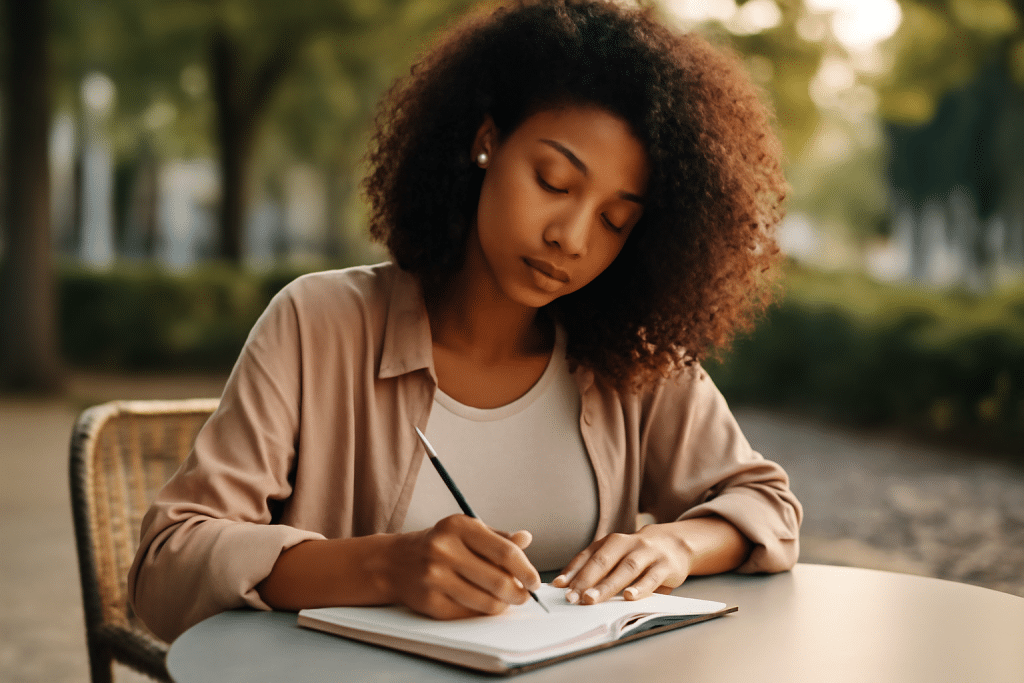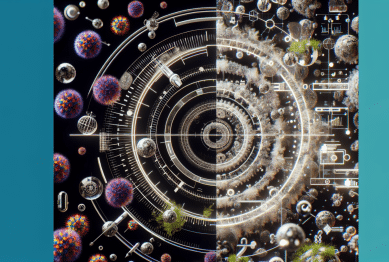In today’s fast-paced world, it’s easy to overlook the importance of self-reflection in building meaningful relationships. However, taking time for personal introspection can open doors to deeper connections and a more authentic life. Here’s how reflecting on your journey can transform your relationships and inner peace.

The Modern Need for Self-Reflection in Building Meaningful Connections
In a world where constant digital engagement is the norm, it’s easy to overlook how important it is to have genuine, meaningful connections with others. Whether in personal relationships, friendships, or professional settings, many people feel increasingly disconnected despite having hundreds of social media friends or colleagues. This paradox can be attributed to one central factor: the lack of self-reflection.
Recent studies show that nearly 60% of people report feeling disconnected, even with a large network of online friends. This feeling of isolation stems from superficial relationships built on quick exchanges rather than deep emotional connections. At the heart of these genuine bonds lies self-reflection: the act of intentionally looking inward to understand your emotions, values, and behaviors. Only when we reflect on ourselves can we authentically engage with others and develop stronger, lasting relationships.
Why Reflection Is the Key to Emotional Intelligence
Emotional intelligence (EQ) is crucial in forming and maintaining healthy relationships. EQ encompasses your ability to recognize, understand, and manage your own emotions, while also being aware of and influencing the emotions of others. According to Daniel Goleman, the psychologist who popularized the concept of emotional intelligence, EQ is responsible for about 80% of a person’s success in relationships and work.
Self-reflection plays a pivotal role in increasing EQ. When you spend time reflecting on your actions and thoughts, you develop a clearer understanding of your emotional triggers, which helps in controlling your responses during interactions with others. Furthermore, self-reflection allows you to gain insights into your biases, prejudices, and tendencies that might hinder authentic communication. Over time, this practice cultivates empathy, which is essential for forming meaningful connections.
Reflecting on your emotions and understanding your mental states helps you navigate challenges in relationships with more clarity and compassion. Emotional intelligence, enhanced by regular self-reflection, builds stronger connections by reducing misunderstandings and encouraging trust between individuals.
Practical Techniques for Cultivating Personal Reflection
The habit of self-reflection doesn’t require a complicated process, nor does it require hours of introspection. Integrating reflection into your daily routine can be simple and effective. Here are several practical techniques to enhance self-awareness and emotional intelligence:
1. Journaling for Clarity and Insight
Writing down your thoughts and feelings in a journal is one of the most accessible and effective ways to reflect. Journaling provides an outlet for expressing emotions, processing events, and exploring your mind. You can start by writing about your day, but as you become more accustomed to the practice, try diving deeper into specific situations where you felt particularly challenged, excited, or upset. The goal is to look for patterns in your behavior and thoughts that can help you better understand yourself and your relationships.
2. Mindfulness Meditation to Tune In
Mindfulness meditation is a powerful tool for cultivating self-awareness and increasing emotional intelligence. By focusing on the present moment, free of judgment, meditation helps you become aware of your thoughts, feelings, and physical sensations without getting overwhelmed by them. Even just 10 to 15 minutes a day of mindfulness meditation can lead to a clearer understanding of how you react in different situations and allow you to make more thoughtful decisions in your relationships.
3. Self-Inquiry: Asking the Right Questions
To deepen your self-reflection, ask yourself important questions like “What do I truly want from my relationships?” or “Why did I react this way in a certain situation?” These types of questions can help you examine your desires, motivations, and emotional patterns. Over time, the answers you discover will empower you to become more intentional and conscious in your interactions with others.
4. Seeking Feedback from Trusted Individuals
Sometimes, our own self-reflection can be clouded by biases or blind spots. Seeking feedback from trusted friends, mentors, or colleagues can provide an outside perspective on how you interact with others. Constructive feedback, whether positive or negative, can help you gain valuable insights into areas where you can improve or grow. By being open to feedback, you show others that you value their opinions, which helps to create a deeper sense of connection.
The Ripple Effect: How Personal Reflection Transforms Relationships
Self-reflection has a profound impact not only on the individual but also on the relationships they build with others. As you deepen your understanding of your thoughts, emotions, and actions, you develop a more empathetic and open approach to the people around you.
Improved Communication
When you reflect on past conversations and interactions, you can identify areas where you could have communicated better. Whether it’s taking more time to listen or being more assertive in expressing your needs, self-reflection helps you fine-tune your communication skills. This improved communication leads to stronger, clearer, and more effective relationships.
Reduced Conflict and Misunderstanding
Misunderstandings often arise because of our emotional triggers, assumptions, and incomplete information. Self-reflection enables you to recognize these triggers and reduce the chances of reacting impulsively in challenging situations. By taking a step back and reflecting before reacting, you can defuse potential conflicts and address issues in a more constructive way.
Greater Compassion and Empathy
The act of self-reflection encourages a deeper understanding of your own challenges and vulnerabilities. This understanding fosters greater compassion toward others who may be experiencing similar struggles. When you cultivate empathy through self-reflection, it becomes easier to support and relate to others, which strengthens the bonds between you.
How Reflection Builds Stronger and Healthier Connections
People are naturally drawn to individuals who are self-aware and authentic. When you know yourself deeply, it becomes easier to build genuine, fulfilling connections. Reflecting on your values and needs allows you to prioritize relationships that align with your true self. Over time, you will attract people who resonate with your authenticity, leading to more meaningful and lasting relationships.
The Positive Impact on Professional Relationships
Self-reflection is not just valuable in personal relationships; it is also essential for fostering strong professional connections. In the workplace, self-reflection allows you to assess how well you are working with others, how your actions contribute to team dynamics, and whether you are meeting your goals. Leaders who reflect on their actions, decisions, and communication style are often more effective and respected by their teams. Additionally, being open to feedback from colleagues and actively working on improving your interpersonal skills can pave the way for more successful career growth and collaboration.
The Role of Reflection in Overcoming Social Anxiety
For many individuals, the fear of judgment or rejection makes it difficult to form meaningful connections. However, personal reflection can help you overcome social anxiety by examining the root causes of your fears. By understanding your thoughts and patterns of self-doubt, you can challenge negative beliefs and develop a healthier mindset. Over time, reflection allows you to feel more comfortable and confident in social interactions, leading to stronger relationships.
Conclusion: The Transformative Power of Personal Reflection
The journey of building meaningful connections begins with understanding yourself. By embracing the practice of personal reflection, you can uncover the insights, habits, and behaviors that either support or hinder your relationships. Self-awareness nurtures emotional intelligence, which in turn creates deeper connections with others.
As you reflect on your thoughts, actions, and experiences, you’ll discover new ways to engage with the world around you. Whether it’s through better communication, deeper empathy, or a more authentic approach to relationships, the power of self-reflection can transform your life. It is not just a practice; it’s a way of living that brings you closer to others and yourself.
References:
- Bologna, C. (2018) What happens to your mind and body when you feel homesick? Available at: https://www.huffingtonpost.com (Accessed: 5 August 2025).
- Thomas, D. and Tian, L. (2021) Hits from the Bong: the impact of recreational marijuana dispensaries on property values. Available at: https://www.sciencedirect.com (Accessed: 5 August 2025).
- Moise, L., Gutiérrez, A.H., Khan, S., Tan, S., Ardito, M., and Martin, W.D. (2020) New immunoinformatics tools for swine: designing epitope-driven vaccines. Available at: https://www.frontiersin.org (Accessed: 5 August 2025).









